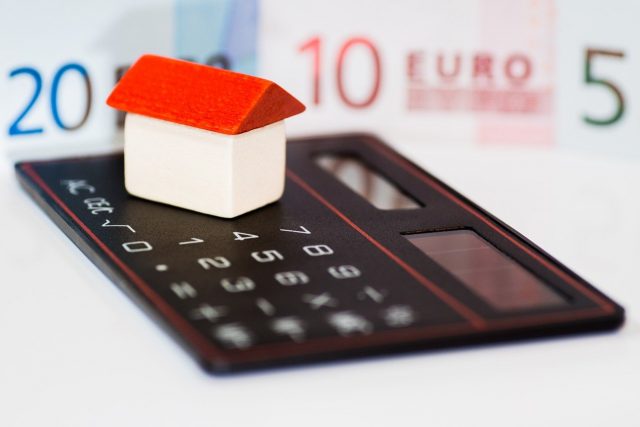The impact of Covid-19 has been tough upon landlords and tenants. Property buyers and landlords heavily rely on rental income as their primary source of income – due to the pandemic, some tenants are unable to pay their rents on time. Similarly, individuals staying on rent worry about job security, income stability and the need to make ends meet while paying their monthly rent!
Let’s not forget about real estate agents around the world, such as estate agents in Manchester whose livelihood has been affected too; and of course, individuals such as property evaluators, property managers, housing inspectors and lettings agents who have been affected by a coronavirus. The Covid-19 pandemic has taken its toll on the UK housing market as well as on property buyers and tenants, and here is how.
Impact on mortgage availability
Earlier, low deposit mortgages were very easy to find. Now, due to the uncertainty around the pandemic, most bankers and lenders have stopped offering low deposit mortgages. As a result, for property buyers, and especially first time buyers, the dream of owning a new property becomes a distant reality because they might not be able to put together the huge sum required as a downpayment- even individuals and professionals who are living on rent dream of buying their very own home. However, due to the drastic reduction in the availability of low deposit mortgages, potential buyers and renters will have to start saving for a down payment for months, if not years, before they can even think of looking at properties.
Impact on income stability
For many, Covid-19 brought a lot of job insecurity. Companies started shutting down, businesses started slacking off employees, and firms started working with lesser staff. For those living on rent, income stability is of paramount importance as they need to be able to pay their monthly rent while supporting their family. For those first time buyers and potential buyers looking to buy a property, the lack of income stability meant that they had to push their dreams of becoming homeowners until the uncertainty around Covid-19. And of course, without a stable source of income, it is merely impossible to get pre-approval for a mortgage or pay off an existing mortgage! As for property owners and landlords, they were worried about monthly rents as many renters were unable to pay their rent on time.
Impact on house prices
When the pandemic first hit, we saw a fall in the demand and supply of real estate in the UK, which eventually led to a fall in prices. During the first lockdown, real estate activity was banned entirely. So, once the lockdown lifted, there was a sudden boost in the average price of property. As the second and third lockdown took place, real estate activities were allowed, which helped the market stabilise. In 2021, most experts predict that house prices will start to stall. While most experts feel that the average price of property will decrease slightly in the coming months, some feel that we might see a rise in housing prices. Again, the uncertainty of the pandemic brings about a decrease in buyer confidence which in turn affects the supply and demand of property. At the end of the day, potential buyers are unsure whether or not they should invest in the real estate market because they do not know what the future of the housing market holds!
Impact on buyer and renter priorities
The priorities of potential buyers and renters have certainly changed. As more and more people have started working from home, the demand for spacious properties and homes with outdoor spaces and home offices has certainly increased! As a result, there has been a drastic shift in priorities – rents and buyers are looking for bigger homes, properties with home offices, houses with gardens or outdoor spaces, and an overall upgrade in lifestyle. Many homeowners who are currently living in the city centre are looking at bigger properties in the outskirts and the boroughs. Due to this, let-to-let has become very common in recent months. Let-to-let is when a homeowner decides to rent a bigger and better place while putting their own home on rent. So, while some homeowners are buying bigger properties in the suburbs while giving their house out on rent or putting it up for sale in the market, others are shifting into spacious homes on rent while giving out their present home on rent.













